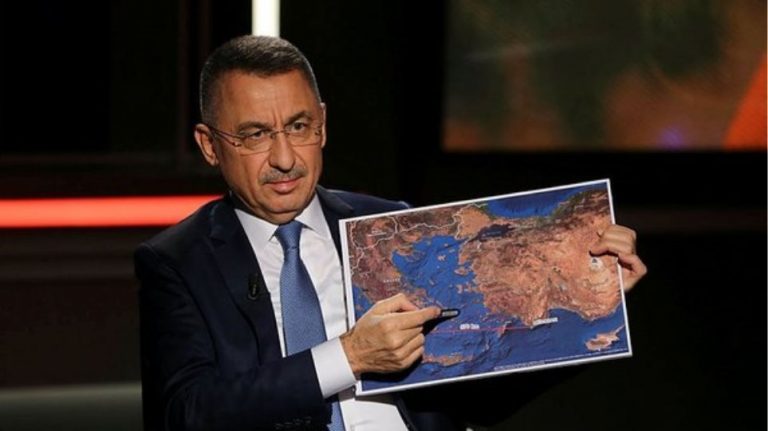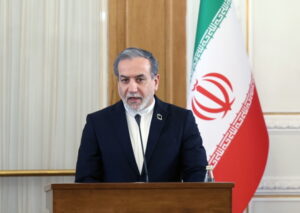The end of the Cold War gave Turkey, a large and important country in the Middle East and the Mediterranean Basin, greater freedom of action in its foreign policy. Turkey’s ambitious and expansionist leader, Recep Tayyip Erdoğan, has capitalized on this and on US isolationist tendencies to bolster Turkey’s standing in the world.
Erdoğan’s AKP, which came to power in 2002, seeks to restore the country’s Islamic character (alongside a transition to authoritarian rule) and at the same time enhance its regional and international status – with overt references to the bygone glory of the Ottoman Empire.
Turkey aims for regional hegemony, undermining the existing political order in the Middle East and the Mediterranean Basin. Turkey is actively engaged in the global community of Muslim nations. It has established a military presence in Iraq, Syria, the Gulf (Qatar), and Somalia. Recently it has been challenging Greek sovereignty in the Aegean Sea and the eastern Mediterranean (by claiming an EEZ “border” with Libya), posing a challenge to the plans to export gas from Israel, Egypt, and Cyprus to European markets. It is seeking to consolidate influence in Libya, Lebanon and Gaza, as well as Balkan lands that once were under Ottoman rule.
Athens reaches out to Syria via Greek Orthodox community
Trainer aircraft crashes in Turkey (video)
The political changes in Turkey reflect long-term trends in Turkish society and foreign policy, that will not disappear even when the Erdoğan era ends. Turkey’s frictions with Israel likewise reflect a distancing from the West and a growing solidarity with popular anti-Israeli attitudes in the Muslim world.
In short, Turkey threatens the stability of the region as well as Israel’s strategic interests in the region. Nevertheless, it is possible to design an effective Western strategic response to Turkey, as outlined in this paper.
Read more: jiss
Ask me anything
Explore related questions





